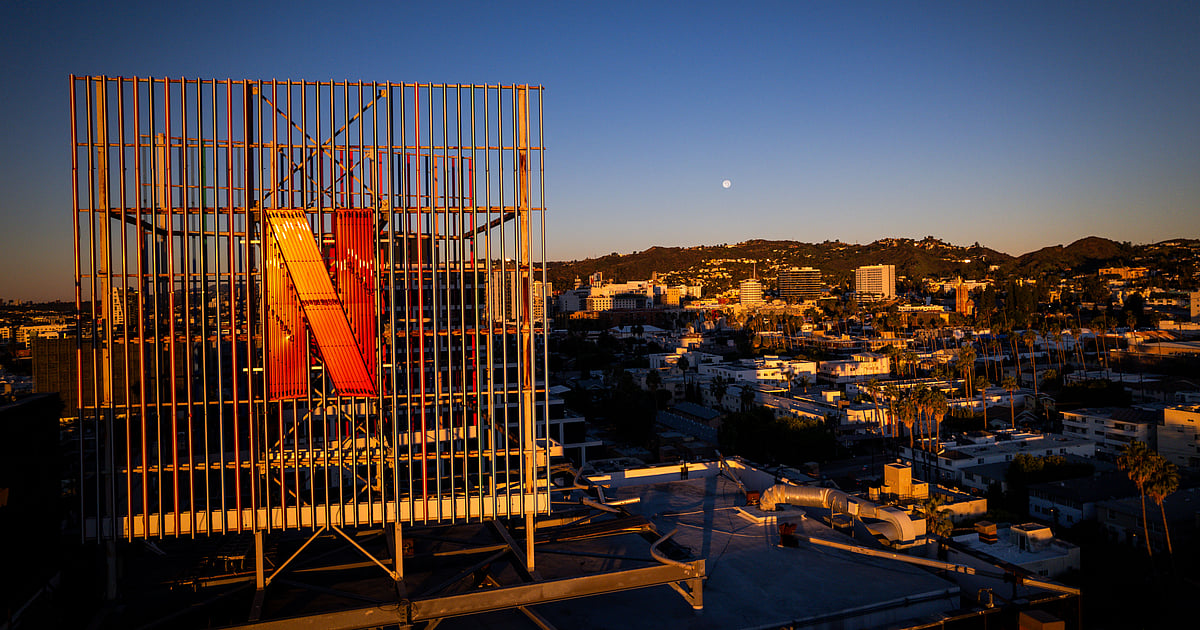The sales process had kicked off with several unsolicited bids from Paramount Skydance, itself a newly formed company after a merger this year orchestrated by Ellison. He’s now the studio’s chief executive officer and controlling…
A Thanksgiving Dealmaking Sprint Helped Netflix Win Warner Bros Discovery
